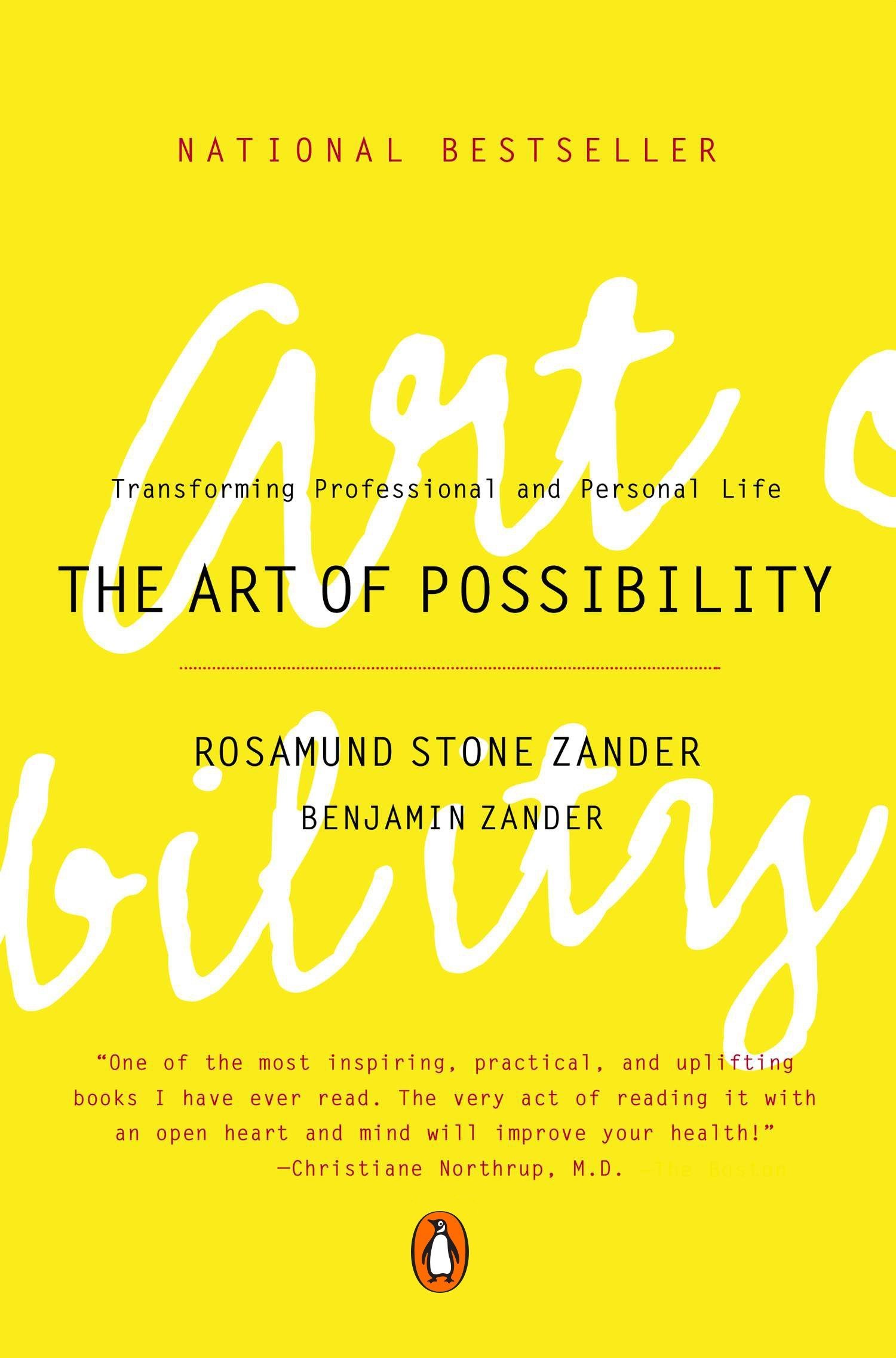For a period of eight years I taught within segregated special education environments designed to address the needs of socially/emotionally and behaviorally challenged middle and high school students. When my journey began I was a full-fledged believer in segregated teaching and learning. My perspective was simple... if even one child felt excluded in an "inclusive" environment, could we really call it an inclusive environment?
Ours was a highly specialized educational environment supported by massive amounts of funding designed specifically to nurture a sense of belonging and purpose for our students, but it wasn't long before I started to question the legitimacy of what we did. Don't get me wrong; we did really great work, and we had visitors every month from far and wide seeking clarity about what we did for our students and how we did it because they wanted to emulate our effort. However, as the program evolved, I started wondering why what we did couldn't be transferred to any school context. As I understand now, the awareness I was developing was regarding the fact that no matter how "included" our students felt within our environment, we simply could not deny that they were excluded simply by virtue of their enrollment in our segregated/congregated environment.
I really started to question whether what we were doing for kids were the most advantageous and least intrusive interventions possible. I reflected on my perspective toward disabilities and challenges in learning, and I began to consider the concept that perhaps in some ways we are all disabled and challenged; that the continuum of social, emotional, cognitive and behavioral issues affects all of us- so why would we segregate particular groups of individuals? Are we not all traveling on a learning journey that is unique and personal... like our learning fingerprint?
These questions plagued me, and I lost sleep. My perspective began to change. I thought a great deal about Occam's Razor and how we could simplify the process of helping our kids so that the process could be extended to any teaching and learning environment, with some customizing for each particular context. Then I met Nan Henderson and the thoughts I was dancing around in my head began to organize. What I was looking for wasn't a strategy, a program or another source of support for these kids; it was simply a philosophy... the philosophy of resiliency. It's free and it literally touches every element of learning, and teaching. To me, resiliency is the essence of inclusion and it's all about perspective- the lens we look through everyday in our effort to provide a caring environment in our schools and classrooms.
Looking at challenge (cognitive, social, emotional, behavioral) as opportunity and celebrating strengths within as asset-based model are benchmarks of a resiliency-based school culture. Every student is challenged in his or her own individual way... it's imperative that teachers learn what these challenges are so we can re-frame them as learning opportunities to be measured against themselves, not on a curve that's externally applied. Providing appropriate and effective strategies to support the teaching and learning process addressing these challenges can take many forms, and not all of them requiring extra funds. In its simplest form, supporting a resiliency-based school culture is as easy as wrapping a layer of love and caring around a student, and it takes only one person to do that at a minimum... a person that is so often a teacher.
He drew a circle that shut me out-
Heretic, a rebel, a thing to flout.
But Love and I had the wit to win:
We drew a circle that took him in!
Edwin Markham- "Outwitted"
I've created a workspace addressing the philosophy of resiliency in schools, and I invite collaborative contributions to the space from anyone who has questions or wants to contribute to the positive development of this idea. I used it to present a session at this year's Alberta Teacher's Association Special Education Conference. Please visit the 'Presentations' page at http://bit.ly/sLvMuO and share your thoughts.






